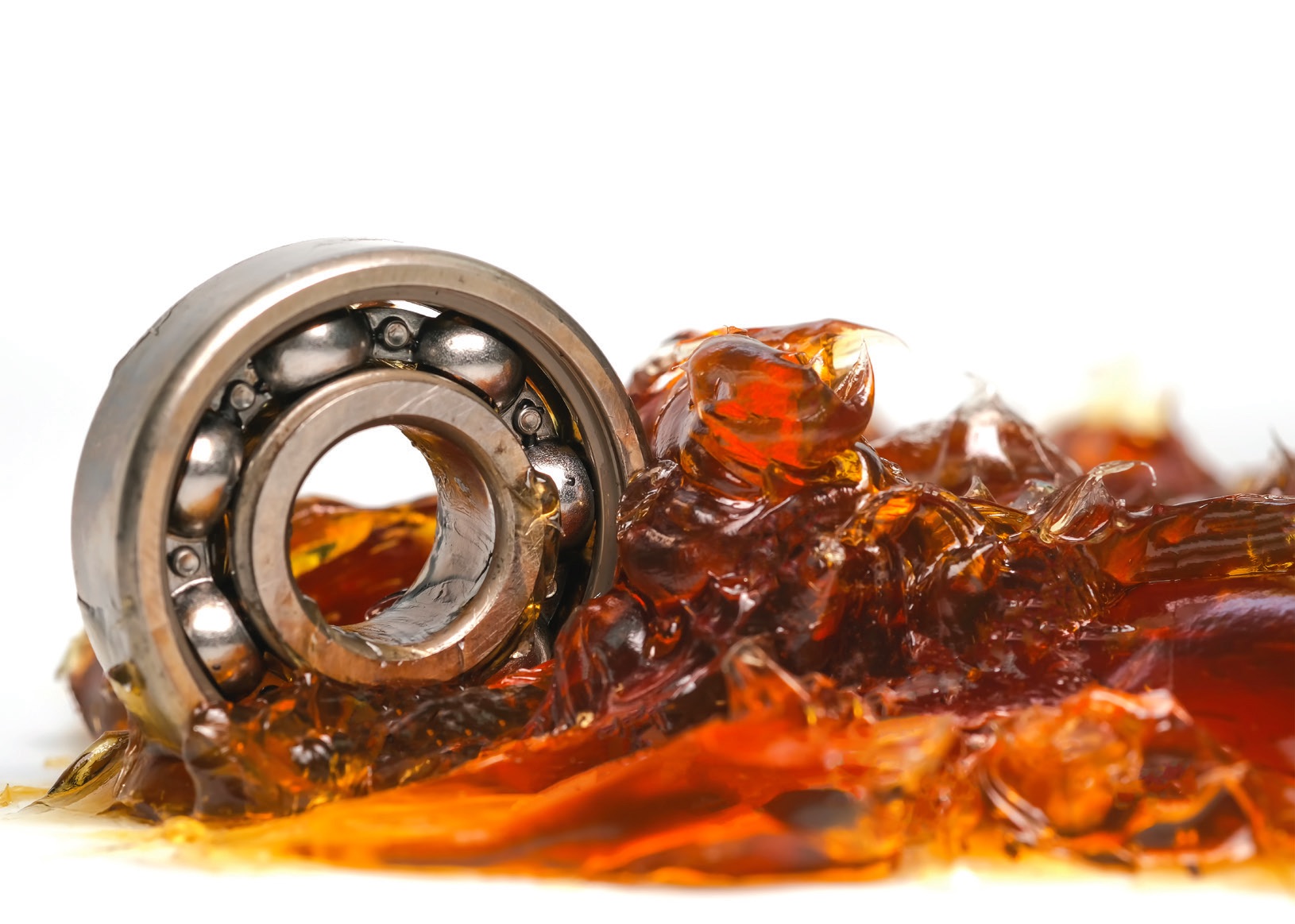Nasal Vaccines Could Help Stop COVID-19 From Spreading-If Scientists Can Get Them Right

There isn't yet a nasal COVID-19 immunization accessible in the U.S.- and it's not satisfactory if or when there will be-however different exploration groups in the U.S., including the National Institute of Allergy and Infectious Diseases, and abroad are dealing with them. Russian researchers are trying a nasal type of their Sputnik V immunization in grown-up volunteers, and specialists in India have gotten endorsement for a Phase 3 preliminary.
Numerous scientists are excited about the
possibility of nasal antibodies for COVID-19. "Indeed, with an
interjection point," says Troy Randall, an immunologist at the University
of Alabama at Birmingham, when inquired as to whether they're worth
investigating.
In nations like the U.S., where around
76% of individuals have had no less than one portion of the COVID-19 antibody,
nasal immunizations would naturally be utilized essentially as sponsor shots,
and some examination groups are concentrating on them explicitly in this limit.
However, on the off chance that they're viewed as successful and ultimately
approved, they could likewise give small kids and individuals who dread needles
more choices.
There's a problematic experience ahead. While oral antibodies are genuinely normal, the primary nasal immunization cleared by the U.S. Food and Drug Administration to battle a respiratory microbe is Flu Mist, which is utilized to forestall flu among individuals ages 2 to 49. Flu Mist was being developed for a long time; however, was momentarily removed from the market because of viability issues, which could foretell the difficulties anticipating antibody analysts attempting to make a nasal COVID-19 immunization.
In any case, analysts trust that nasal immunizations may one day do what even the profoundly influential mRNA antibodies made by Pfizer-BioNTech and Moderna have not: slow transmission enough to finish the pandemic.
Shot-in-the-arm COVID-19 antibodies acquaint the body with hereditary material from the SARS-CoV-2 infection, training the resistant framework on how to treat it's confronted with the genuine article. These shots have demonstrated truly adept at forestalling severe sickness and demise, however less capable at obstructing diseases, especially against profoundly infectious Omicron.
Nasal immunizations could hypothetically
forestall numerous diseases by presenting "nearby" invulnerability
where it's required most: the nose. If it worked, a spritz would cover the
upper aviation routes with safeguards like those produced by the body after a
brush with the actual infection, says Dr James Crowe, head of Vanderbilt
University Medical Center's Vaccine Center.
"You get the best resistance to infection microorganisms by imitating, furthest degree conceivable, the genuine contamination without causing sickness," Crowe says. "Leaving an infection speechless, right at the front entryway, is extremely appealing."
Assuming done right, Crowe nasal
antibodies could be profoundly viable, yet creating them is troublesome. Crowe
says that they regularly utilize live yet debilitated types of an infection,
which presents a "Goldilocks" challenge. Debilitate the condition to
an extreme, and the antibody won't work; sufficiently not, and it could
overwhelm the invulnerable framework, prompting secondary effects. The
equilibrium must be awesome

The nose is likewise a different climate than the deltoid muscle, where shots are regularly given. It's an immediate close line to the cerebrum, requiring an alternate preventive measures arrangement.
The upper aviation routes are likewise worked to experience foreign substances and along these lines may not react as promptly to an immunization, says Benjamin Goldman-Israel, a teacher at the Yale School of Medicine. He co-composed a new report, which has not yet been peer-audited, that inspected how mice reacted to nasal versus infused COVID-19 immunizations. The examiner observed that mice mounted a more grounded resistant reaction when invested first and afterwards supported with a nasal vaccination, rather than getting a nasal antibody alone.
That might be because the upper aviation routes are outfitted with regular safeguards against attacking particles-they're the body's entrance point for the rest of the world, and accordingly, don't constantly react firmly when previously presented. "By giving that underlying preparing through the [injected] mRNA antibody, we teach the invulnerable framework, so that when we give the intranasal help, the safe framework knows to perceive this as unfamiliar," Goldman-Israel says.
One more rat study by Yale specialists,
distributed in December, observed that mice inoculated with a nasal influenza
shot were more averse to getting flu than those with an infused antibody and following
that may likewise apply to other respiratory sicknesses, for example, COVID-19.
Creature studies from other exploration groups have additionally given
promising indications that nasal antibodies might forestall contaminations,
especially when given as sponsors.
Huge clinical preliminaries, some of which are in progress in different nations, are essential to realizing how an item will function in people. "We can't reach determinations regarding whether or not a nasal COVID-19 immunization will work until we see the information," says Dr Hana Mohammed El Sahly, an educator of virology and microbial science at Baylor College of Medicine.
As of now, there have been mishaps. Last year, the biopharmaceutical organization Altimmune quit testing a nasal COVID-19 antibody up-and-comer because of unfortunate preliminary outcomes.
Nasal antibodies are complex to get
right. In the mid-2000s, well before the COVID-19 pandemic, a nasal influenza
immunization utilized in Switzerland was viewed as related to Bell's paralysis,
a type of facial loss of motion that is regularly impermanent. When that
examination was distributed, it was, at this point, not in clinical use.





.webp)




Leave a Comment